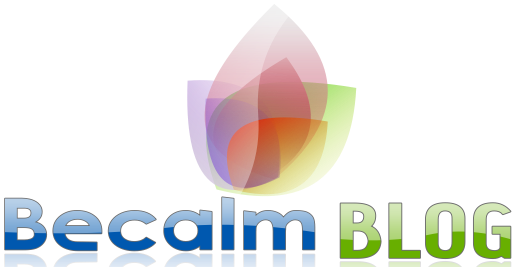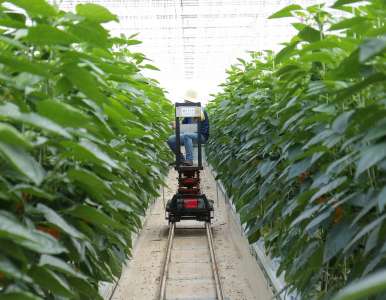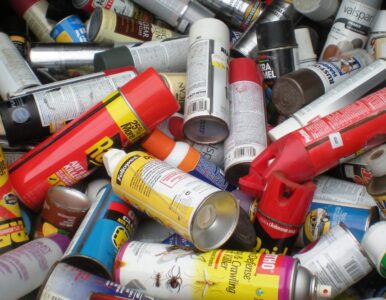What Foods Should a One Year Old Avoid? Some parents choose to make their own baby food from scratch. While this is a great way to know what foods your child is eating, it can also be time consuming and intimidating. Many parents prefer to just buy food from the grocery store but you can still run into some problems.
While many foods can be safe for a one -year-old, many should be avoided. These are foods that contain harmful bacteria or parasites and can cause serious illness or death. Other foods to avoid include honey, unpasteurized milk, and peanut butter. It is important to choose foods that are not fried or have a lot of salt, as these can be very toxic to your child.
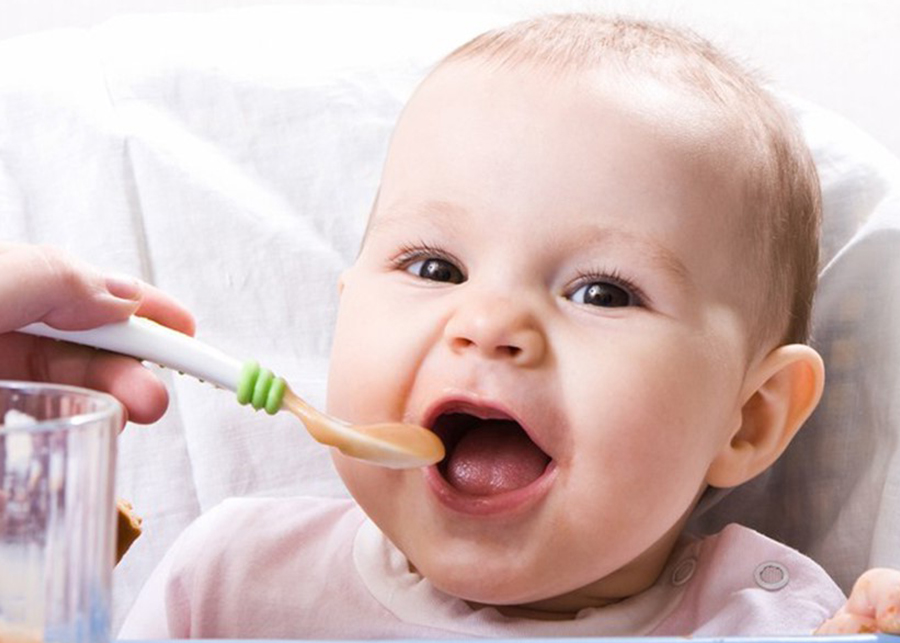
Avoiding honey
If your child is under one year of age, you should avoid giving him or her honey. Honey contains bacteria called Clostridium botulinum, which can cause infant botulism. This bacterial infection is very serious, but it can be treated with medicine. Honey is safe to give to older children and adults, but it should be avoided by babies under a year of age.
Avoiding hard or crunchy foods
At one year of age, a baby’s teeth are not yet strong enough for hard or crunchy foods. For this reason, you should try to offer your baby soft foods instead. However, you should not forgo hard food altogether. There are many different types of soft foods your baby can enjoy.
Avoiding unpasteurized dairy products
Unpasteurized dairy products are not safe for babies and should not be given to them at any age. These products contain harmful bacteria. Moreover, they are not suitable for babies who can’t chew and swallow them. Certain types of cheese are also choking hazards for babies, including string cheese. For this reason, you should avoid them until your baby turns one year old.
Avoiding peanut butter
There are many reasons for avoiding peanut butter for your baby. First of all, peanuts can cause choking hazards. They can block a baby’s air passages and cause a life -threatening allergic reaction. Therefore, it is best to avoid giving peanuts to your baby until they are at least a year old. You can gradually introduce peanuts to your baby by thinning the peanut butter and introducing it in small quantities.
Avoiding fruit juice
The American Academy of Pediatrics recently updated its guidelines for fruit juice for infants and toddlers. The new guidelines emphasize the risk of tooth decay and obesity, and discourage infants from drinking juice. Fruit juice should be consumed in moderation and should not make up more than half of a child’s fruit intake. It is also important to emphasize the benefits of whole fruits and milk for infants.
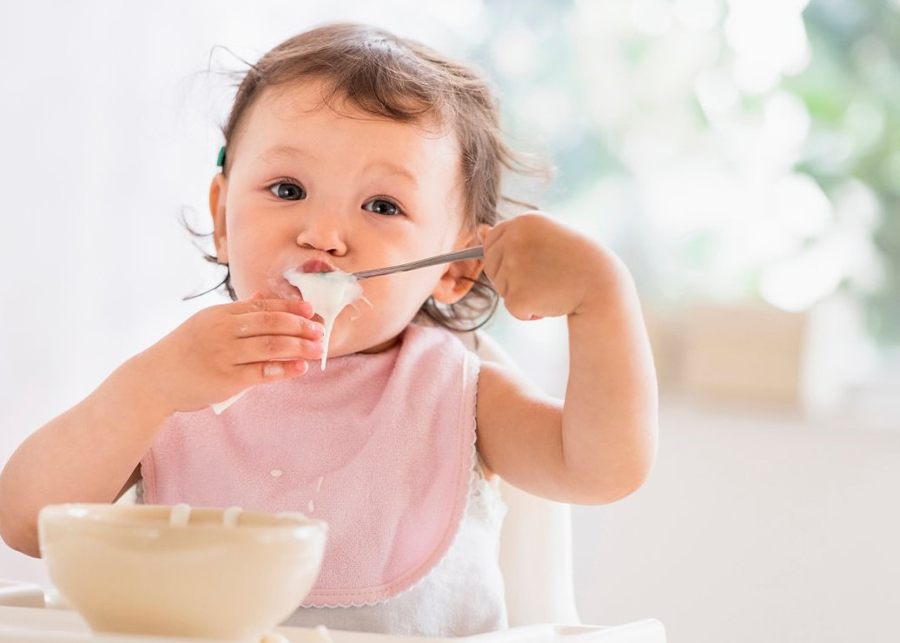
Avoiding sugary treats
While it’s acceptable to give your infant sweet treats as a snack, avoid giving them to your baby more often than necessary. This can lead to feelings of deprivation in your child, and is not helpful for children under the age of two. Young children are unaware of what is around them and are often unaware of the effects of sugar. However, older children are more aware and can anticipate the effects of foods.
Avoiding nuts
If you are worried about your baby’s nut allergy, you may wonder how to avoid them. While nuts are not directly harmful to your child, it is important to avoid them whenever possible. While a few nuts may be harmless, others can cause serious allergic reactions in your baby.
Avoiding seeds
If you have a new baby, you should be careful when it comes to introducing new foods to your baby. Whole nuts and seeds are dangerous for babies, so you should avoid them until your baby is at least a year old. However, you can start introducing some seeds and nuts into your baby’s diet in small amounts. For example, you can try Peanut Puree or nut or seed butter on toasted bread. You can also add some of these items to your baby’s yogurt, oatmeal, and smoothies.
